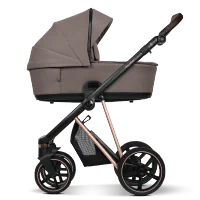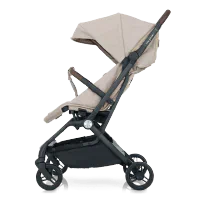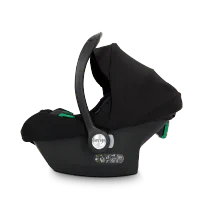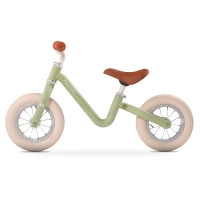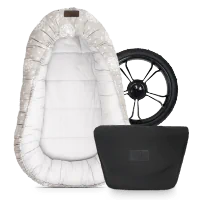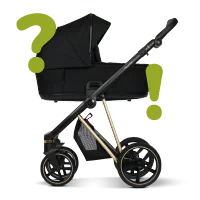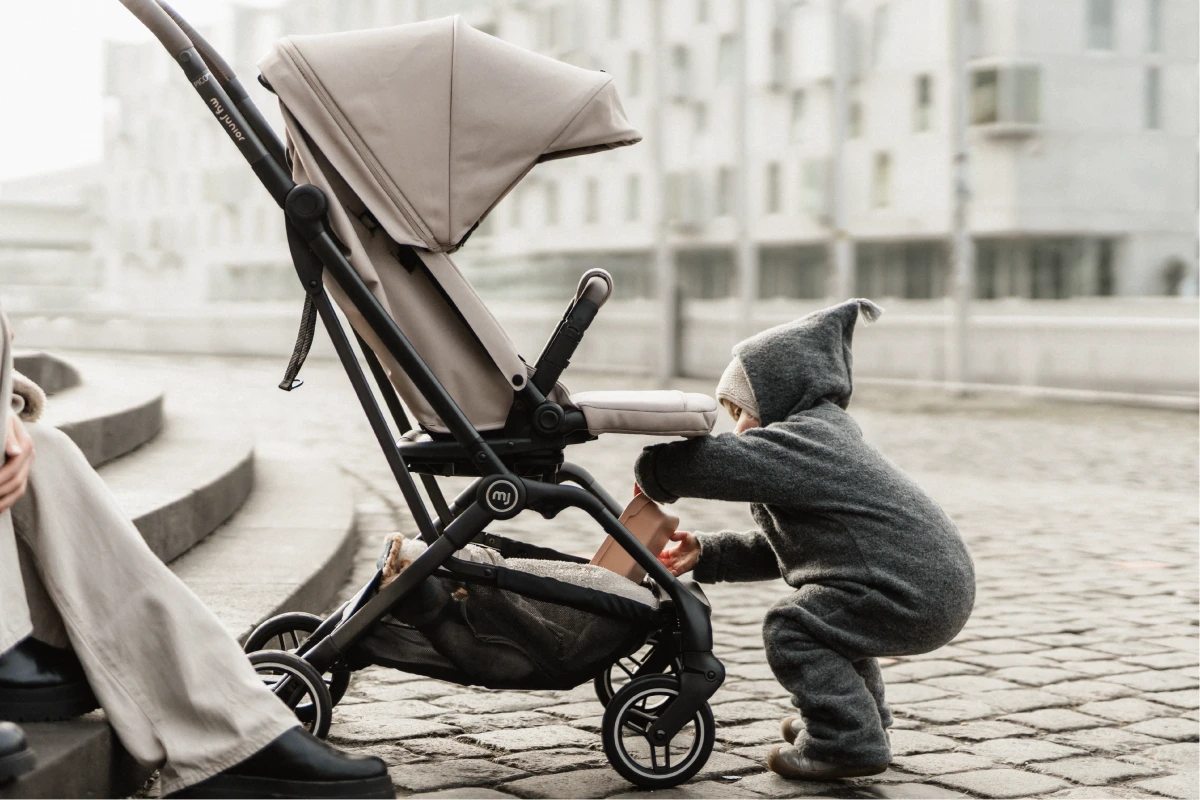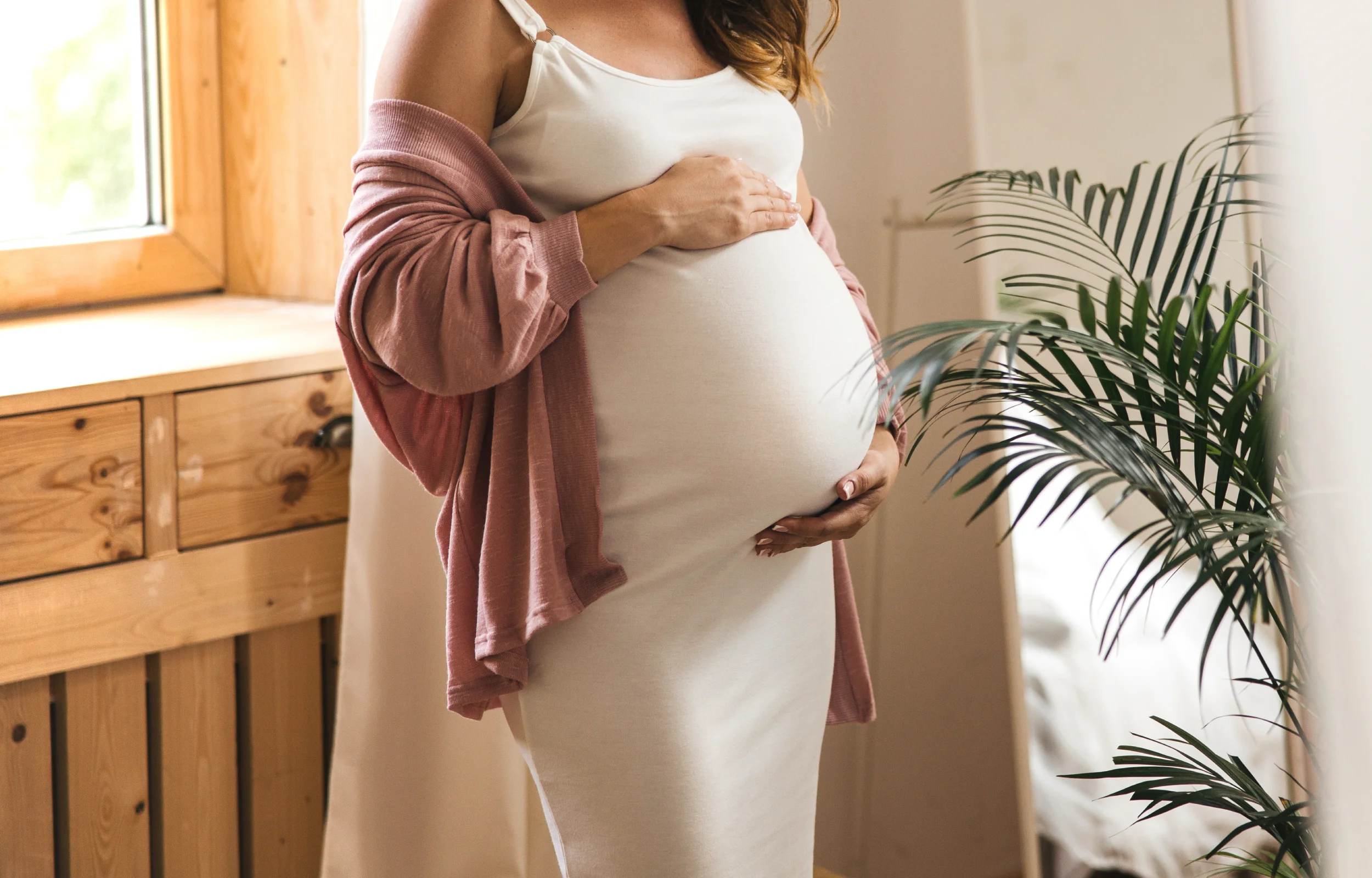
The moment you hold the positive pregnancy test in your hand and think: I’m pregnant. A moment of joy that changes your life. With this thought, countless emotions, questions, and wishes come your way.
In our pregnancy guide for weeks 1–4, you’ll find everything you want to know right now: from typical early pregnancy symptoms and tips on the right nutrition, to your baby’s development.
Your very special adventure begins now. We at my junior® are by your side – beyond the fourth week of pregnancy. We will ease your worries, answer your questions and help you to better understand your body, your happiness, and your baby.
Let’s start together at the very beginning of your pregnancy calendar: with the first four weeks.
Pregnancy Weeks 1–4 at a Glance
Your Baby in Weeks 1–4:
- In weeks 1 and 2 you are not officially pregnant yet, but your body is already busy preparing for ovulation.
- In week 3, fertilisation takes place. The egg and sperm fuse to form a zygote – the adventure begins.
- In week 4, the fertilised egg implants itself into the lining of the uterus. The embryonic phase begins.
- The heartbeat may even start now – although it can’t be seen on an ultrasound yet.
- Your baby is tiny – about the size of a poppy seed.
Your Body in the First Weeks of Pregnancy:
- Your hormones are completely rebalancing: hCG, oestrogen and progesterone take the lead.
- The first signs of pregnancy may appear: tiredness, tender breasts, nausea, or a heightened sense of smell and taste.
- Some women don’t notice anything at all – this is completely normal too.
- You might also experience light implantation bleeding during this time – it’s often mistaken for a period.
The Rollercoaster of Emotions and Physical Changes
It’s often said that weeks 1–4 feel like a real emotional rollercoaster – and there’s a lot of truth in that. From over the moon to pensive: your hormones are turning everything upside down.
On top of that, you’ll experience typical companions like tiredness, morning sickness, and many physical changes. All of this is part of this exciting time – and shapes how you’re feeling.
We want to show you: you’re not alone on this emotional ride. Your body is doing amazing things right now, while you gradually get used to your new happiness.
Good to Know About Foetus and Mum
The first weeks of pregnancy are particularly sensitive. Your body is working flat out behind the scenes: the fertilised egg divides, travels through the fallopian tube, and finds its place in the womb. Implantation is a true masterpiece of nature – and triggers the first hormone surges.
Now is a good time to take care of yourself and your body:
- 🌿 Eat a balanced diet: ideally rich in folic acid (e.g. green vegetables, wholegrains, pulses).
- 🛌 Give yourself some rest. Tiredness is completely normal.
- 🚰 Drink plenty – especially if you’re already experiencing mild nausea.
Even if it’s hard to believe: your baby’s heart could already be starting to beat. Still very faint, but full of strength for what lies ahead.
How Does the Embryo Develop in These First Weeks?
The 5 Most Important Facts About Your Baby in Weeks 1–4:
- Development begins: The first weeks mark the start of your pregnancy. The fertilised egg divides and eventually implants in the wall of the uterus.
- Cell division: After fertilisation, the zygote (cell cluster) divides several times to form an embryo, which then implants into the uterine wall.
- Formation of basic structures: In the first weeks of pregnancy (weeks 1–4), the development of your baby’s main organ systems and body parts begins, even though your baby is still very small.
- Heartbeat: By the end of week 4, the embryo’s heart may start to beat, even though it cannot yet be seen on an ultrasound.
- Size of the embryo: At the end of week 4, the embryo is about the size of a poppy seed.
Tips for weeks 1–4 of pregnancy
- Living healthily: Now is the time for a balanced diet (plenty of nutrients), enough sleep, and gentle exercise.
- Scheduling doctor's appointments: Right at the beginning of your pregnancy, you will have several appointments with your doctor.
- Building a community: Do you have contact with other pregnant women or parents with small children? Exchanging experiences with other expectant mothers can be worth its weight in gold.
You don’t really need to worry about maternity protection yet during the fourth week of pregnancy. However, many pregnant women are already thinking about how and when to tell their manager that they are expecting a baby. In our guide to maternity protection, you can find out more about your rights.
Am I pregnant? Early signs of pregnancy (pregnancy symptoms)
Missed period
The absence of your period can be an early sign of pregnancy. If your cycle is usually regular and you suddenly miss a period, this could be an indication. In general, missing your period is considered a reliable sign. However, bear in mind that your period can also be missed for other reasons. Stress, stopping the pill, or other factors can also cause your period to be late.
Nausea and vomiting
Many women experience nausea and vomiting during the first weeks of pregnancy, especially in the morning. This so-called “morning sickness” can be a typical sign of pregnancy. Here you can find out everything you need to know about nausea in pregnancy and why it occurs.
Sensitive breasts
If your breasts are more sensitive than usual and may also swell slightly, this could be a sign. Usually, the areolas also become noticeably larger. If you experience uncomfortable tension in your breasts, gentle massages, warm compresses or a bath can help.
Fatigue
A sudden and persistent fatigue can also be a sign. If you constantly feel exhausted despite getting enough sleep, it could indicate pregnancy. This is due to the hormone progesterone. Your body produces more of it after ovulation. Progesterone prepares the lining of the womb for the implantation of the egg. As a result, you may feel tired all the time.
Frequent urge to urinate
If you suddenly find yourself needing to go to the toilet more often than usual, this could be a sign. Due to the hormonal changes in your body, more urine is produced. The reason for this is that the increase in blood volume and improved blood circulation cause your kidneys to work harder and therefore produce more urine. Many women also experience bladder weakness during pregnancy. The cause here too lies in the hormonal changes in the body. The hormone progesterone has a relaxing effect on the bladder’s sphincter muscle. This also means that it is possible you may lose a little urine when you laugh or sneeze.
Change in sense of taste and smell
Many women report a changed sense of taste during early pregnancy. Foods they previously enjoyed suddenly taste different or even disgusting. The same often applies to certain smells. A perfume that the partner may have been using for years can suddenly become unbearable for pregnant women. It is suspected that this is a protective mechanism of the body. However, this has not been proven.
Is it possible to feel pregnancy symptoms this early?
Yes, you can already feel symptoms in early pregnancy. However, these are entirely individual and differ from one mum to another. Common pregnancy complaints at the beginning of pregnancy include: tiredness, nausea, and tender breasts.
I’m pregnant – what now?
When should I schedule my first doctor’s appointment?
As soon as you have a positive pregnancy test in your hand, you should make an appointment with your gynaecologist. There, another pregnancy test is usually carried out using a urine sample and your blood will be taken. The first antenatal check-up (including an ultrasound scan) usually takes place in the 8th or 9th week of pregnancy. This already provides initial results and information about your baby.
Am I still allowed to do sports?
If you were already doing sports before your pregnancy, are not experiencing any discomfort, and your doctor has not advised you otherwise, you can continue to exercise. Pregnancy yoga, swimming, and Nordic walking in particular have a positive effect on your health.
You should, however, avoid extreme sports or sports with a high risk of falling beyond week 4 of pregnancy. Team sports involving intense physical contact can also have a negative impact.
What diet is recommended in the first weeks of pregnancy?
In the first weeks, a balanced diet is especially important. Foods rich in folic acid are recommended, as these promote the healthy development of your baby. Folic acid can be found in green leafy vegetables and pulses. Protein sources such as lean meat, fish, eggs and nuts are essential for your baby's growth. Fruit and vegetables provide important vitamins and fibre.
You should avoid raw meat, raw eggs and fish, as well as unpasteurised dairy products, in order to minimise the risk of foodborne infections.
Important: Please drink plenty of water or unsweetened beverages (such as tea) so that you and your baby are adequately supplied with fluids. This is especially important if you are suffering from morning sickness and have to vomit frequently, as you need to compensate for the loss of fluids.
Frequently Asked Questions about the Start of Pregnancy (FAQs)
Can I already feel the first symptoms of pregnancy?
Yes, that is indeed possible. Many women notice early signs shortly after conception, such as tiredness, tender breasts, a changed sense of taste, or a queasy stomach. This is due to the rise in the pregnancy hormone HCG, also known as chorionic gonadotropin. This hormone is produced by the chorion—a part of the early placenta—after the implantation of the blastocyst, which is what the cluster of cells is called at this stage.
How do I deal with morning sickness?
Nausea affects many expectant mothers in the first weeks. The hormonal changes, particularly the production of HCG, play a major role in this. What helps: small snacks even before getting up, such as a rusk by the bed, drinking plenty of fluids, and avoiding fatty foods. An experienced midwife can also suggest individual alternatives to classic home remedies.
How reliable are pregnancy tests at this early stage?
A test is usually reliable from the time your last period is missed. Early tests can even detect the hormone HCG a few days after conception. This works because it is produced by the chorion. If you want to be certain, you can have a blood test done at the doctor’s or in hospital. That is particularly sensitive.
What exactly happens in my body during the first four weeks?
Your body is a true marvel: after fertilisation, the egg cell becomes a blastocyst and travels from the ovary through the fallopian tube into the womb. There, it implants itself. Sometimes you may feel this as a pulling sensation in your abdomen. From the blastocyst develop cells that will later form the placenta, the yolk sac, and your baby's first organs. Everything is now preparing for a new direction: the preparation for new life.
What am I allowed to eat and what should I rather avoid?
Now the production of many important cells is in full swing, especially for the early development of the embryo. That’s why you need: folic acid, iron, proteins, vitamins – for example from green vegetables, whole grains, eggs, and nuts. Avoid raw meat, unpasteurised cheese, certain types of fish. And refrain from nicotine, alcohol, and caffeine. This way, you create the best conditions for the development of the placenta, amniotic sac, yolk sac & co.
What can I do to minimise the risk of a miscarriage?
Living healthily is now absolutely essential: get enough sleep, avoid stress, steer clear of drugs or harmful chemicals. Listen to your body and be gentle with yourself. Regular appointments with your doctor or midwife are also important – they support you with knowledge, experience, and often specialised training, especially regarding early pregnancy. In this way, you optimally strengthen yourself and your happiness for the journey ahead.
How does a fertilised egg develop into a baby?
After conception, the fertilised egg divides into more and more cells. This forms what is known as the blastocyst. It implants itself into the lining of the uterus about five to seven days after fertilisation. From this point, the actual development of the embryo begins. The amniotic cavity forms, and the yolk sac nourishes the baby during the first few weeks. At the same time, the placenta develops—later also called the afterbirth—which supplies your baby with everything essential for life until birth.
What is the difference between the chorion and the placenta?
The chorion is the outer membrane of the blastocyst. It forms in early pregnancy and later becomes part of the placenta. The chorion is therefore an early structure, which, together with the yolk sac and other embryonic tissues, lies within the gestational sac. The placenta then develops from these structures as the pregnancy progresses and, from around the 12th week, takes over the complete supply of nutrients and oxygen to your baby.

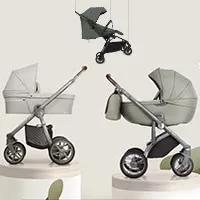 Pushchair
Pushchair 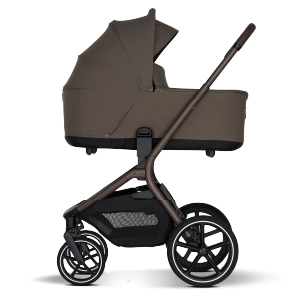 MAVI
MAVI 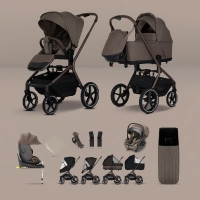 MAVI Bundle
MAVI Bundle 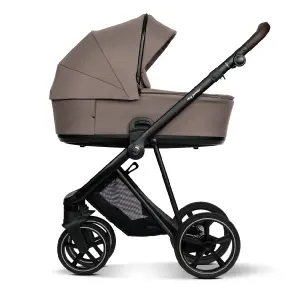 VIGO²
VIGO² 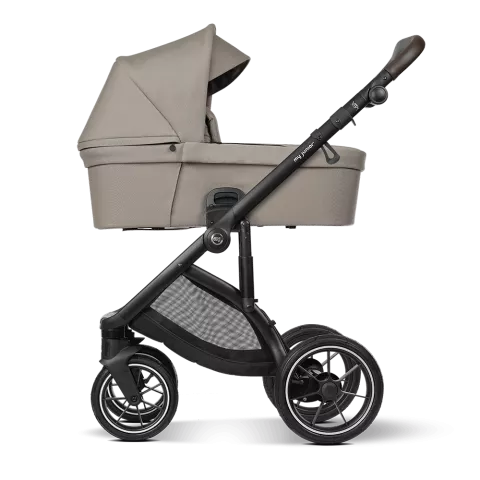 VITA unique³
VITA unique³ 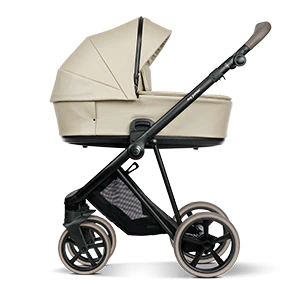 VIGO² Alcantara
VIGO² Alcantara 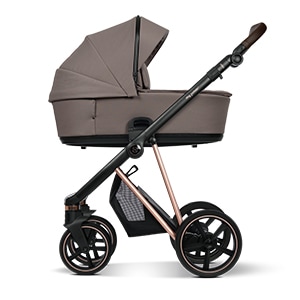 VIGO
VIGO 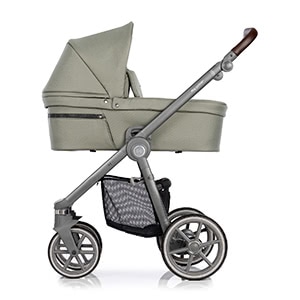 VITA HOPE
VITA HOPE 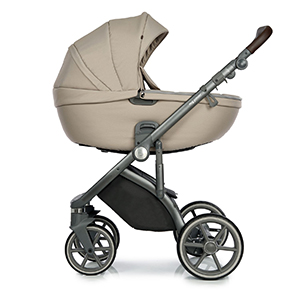 VITA unique²
VITA unique² 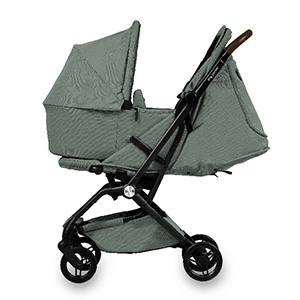 PICO³ with tub
PICO³ with tub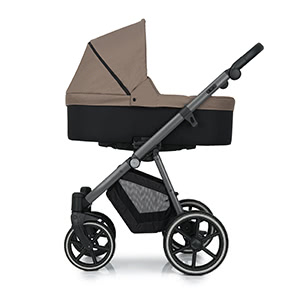 NOAX²
NOAX² 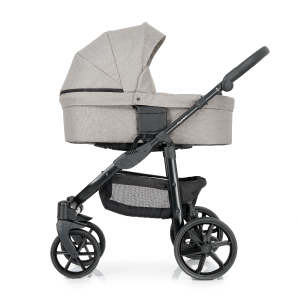 MIYO²
MIYO² 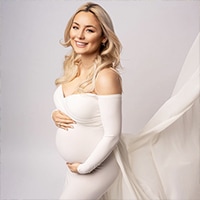 Pram tests
Pram tests  Consultation
Consultation  Buggies
Buggies 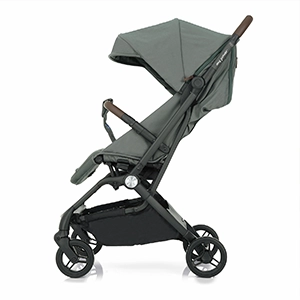 PICO³
PICO³ 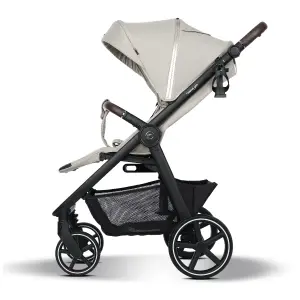 PLIA²
PLIA² 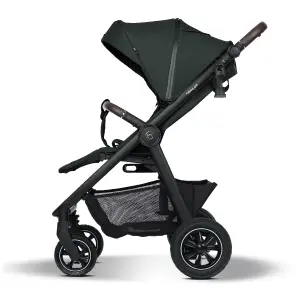 PLIA² Air
PLIA² Air 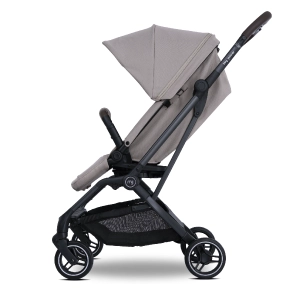 PICO³⁶⁰
PICO³⁶⁰ 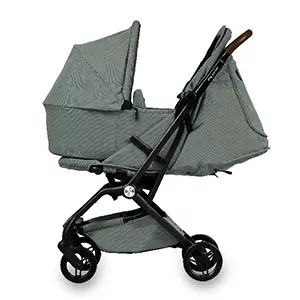 PICO³ with tub
PICO³ with tub 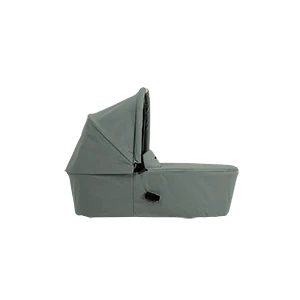 PICO tub
PICO tub 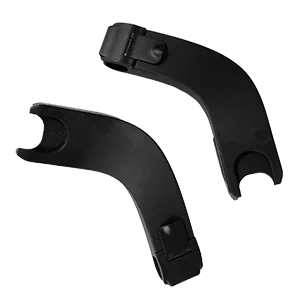 PICO infant car seat adapter
PICO infant car seat adapter  Limited Editions
Limited Editions 
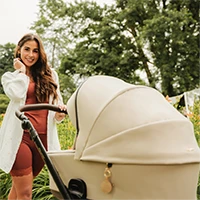
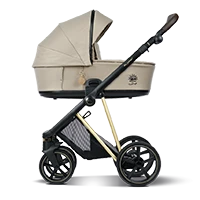
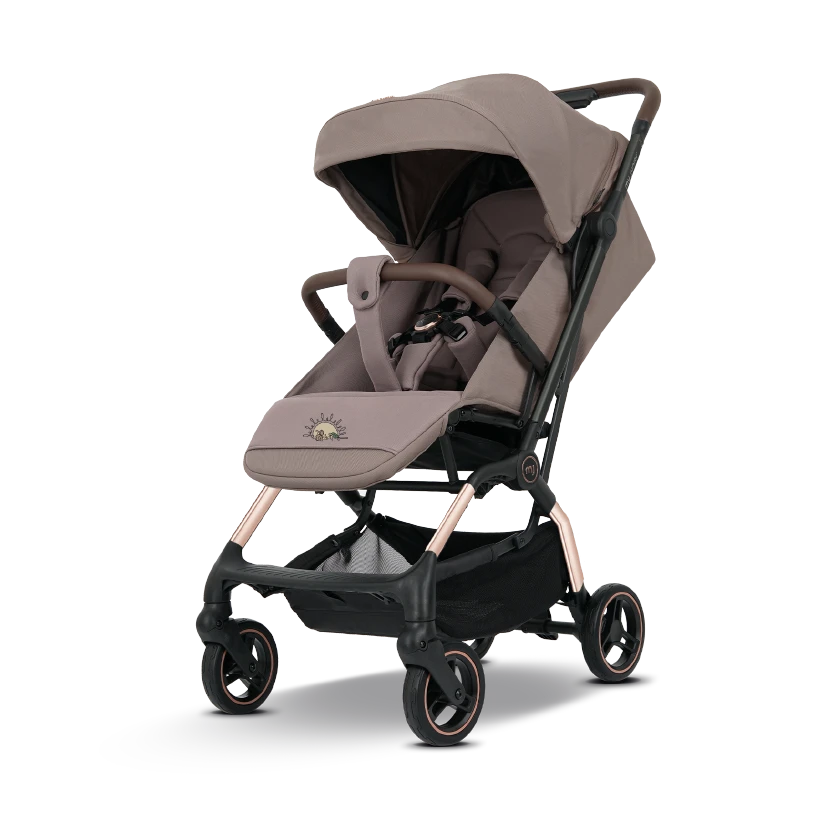


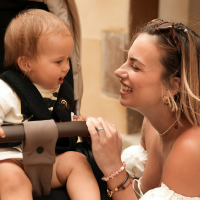
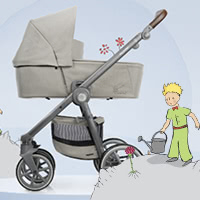
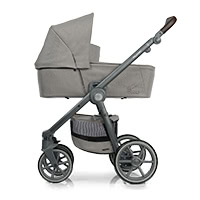
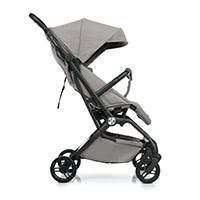
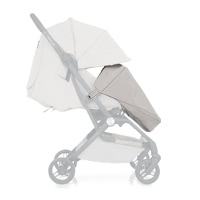
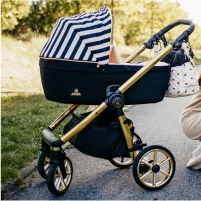
 Limited Edition Parasol
Limited Edition Parasol 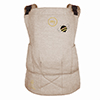 Limited Edition Baby Carrier
Limited Edition Baby Carrier 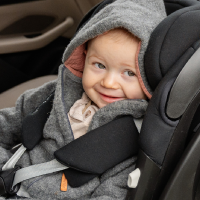 Child seats
Child seats  All Isofix Bases
All Isofix Bases 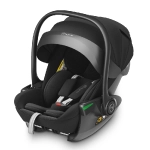 AURAᵉʳᵍᵒ
AURAᵉʳᵍᵒ 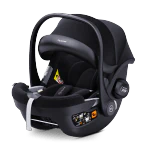 Aura Pro
Aura Pro 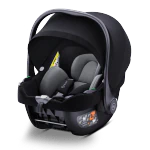 Beam
Beam 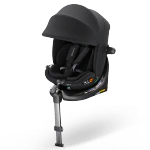 Cyro 360
Cyro 360 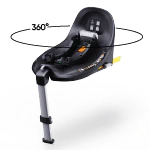 Base 360
Base 360 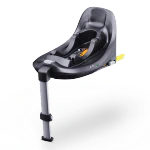 Base Static
Base Static 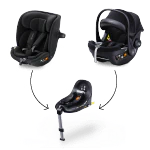 Capsule System
Bundle
Capsule System
Bundle 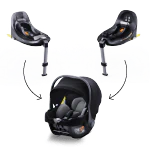 Beam Bundle
Beam Bundle 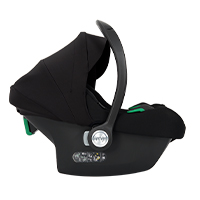 Avionaut Cosmo
Avionaut Cosmo 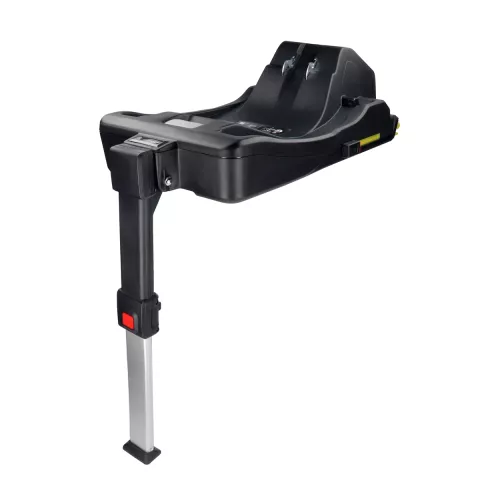
 Love Sale
Love Sale
 Reviews
Reviews  Read reviews
Read reviews  Write a review
Write a review 
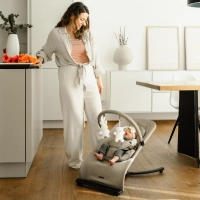 Home
Home  Fabric sample
Fabric sample  Baby carriers
Baby carriers  LUVA
LUVA  NAMI
NAMI 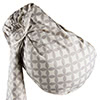 NAMI with ring
NAMI with ring  Accessories
Accessories  Vouchers
Vouchers  Discover my junior®
Discover my junior®  About us
About us  In your vicinity
In your vicinity  All my junior
All my junior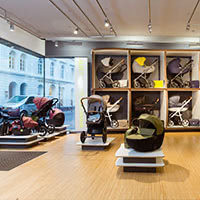 Flagship Store
Aachen
Flagship Store
Aachen 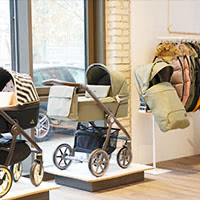 Flagship Store
Hamburg
Flagship Store
Hamburg 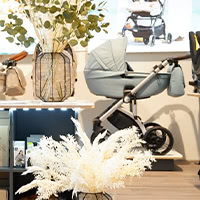 Flagship Store
Salzburg
Flagship Store
Salzburg  Flagship Store Binzen
Flagship Store Binzen
 Flagship Store
Krefeld
Flagship Store
Krefeld  Studio Cologne
Studio Cologne  Studio Trier
Studio Trier  Studio Braunschweig
Studio Braunschweig
 Studio Metzingen
Studio Metzingen
 my junior® pram in
Switzerland
my junior® pram in
Switzerland  Help and Contact
Help and Contact  Useful
Useful  Career
Career  Press
Press 


